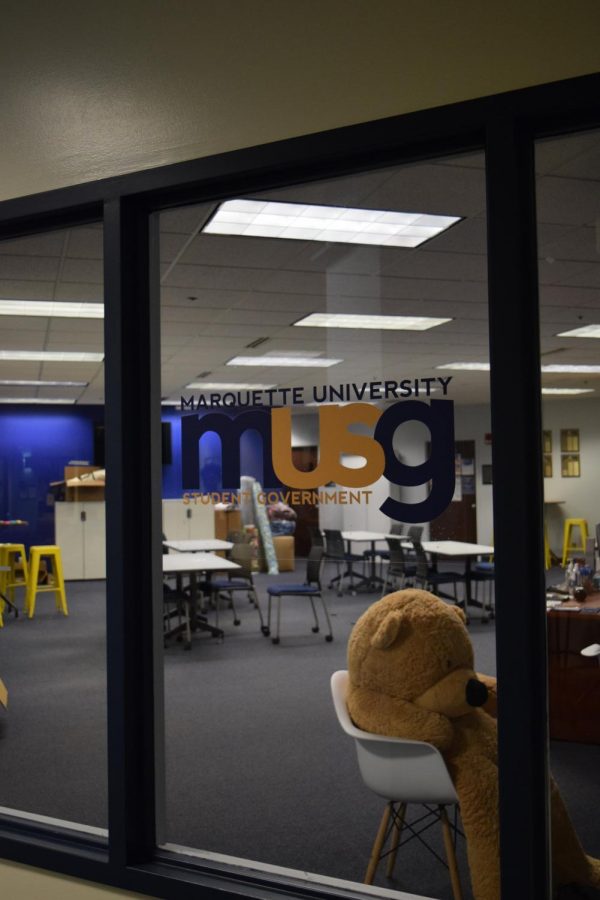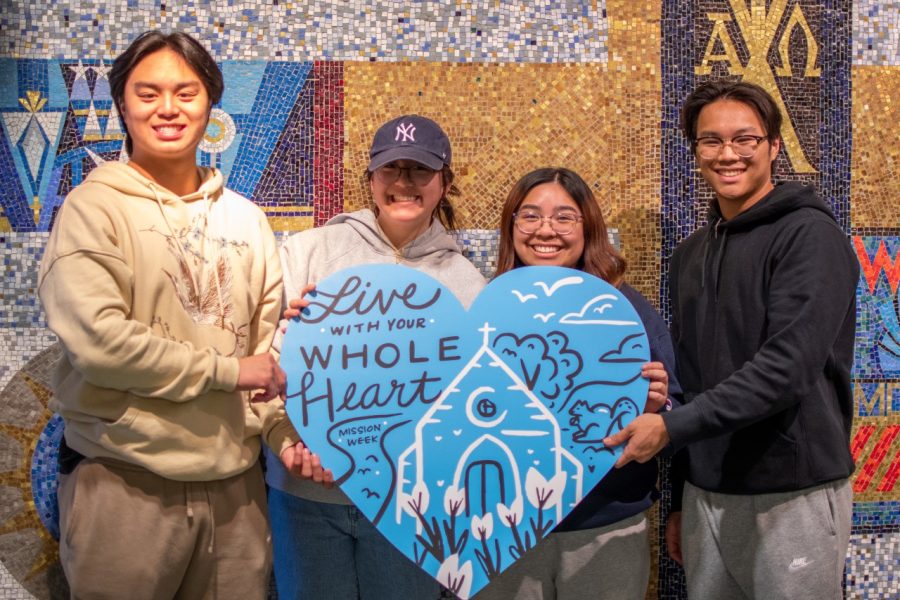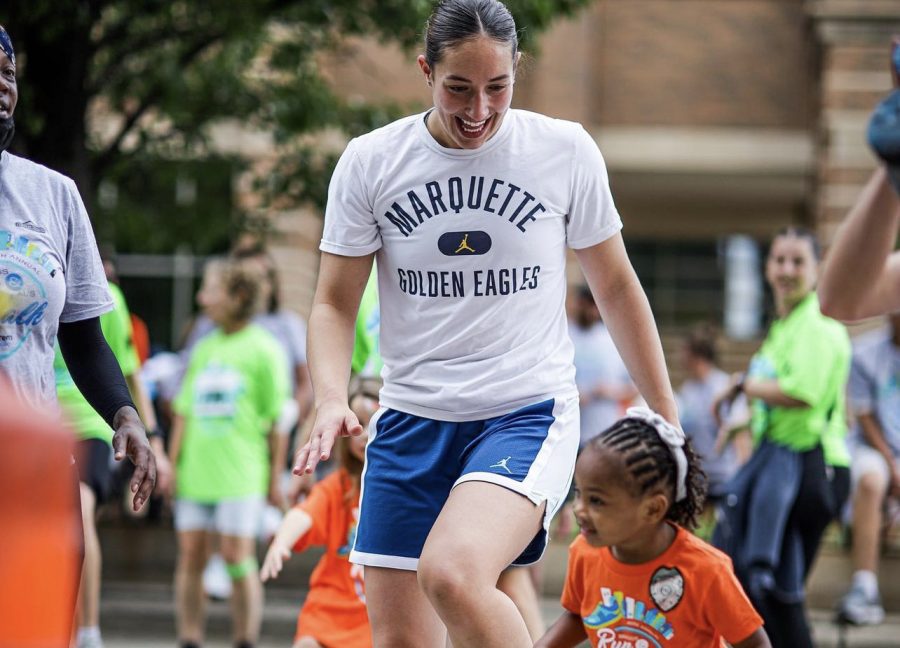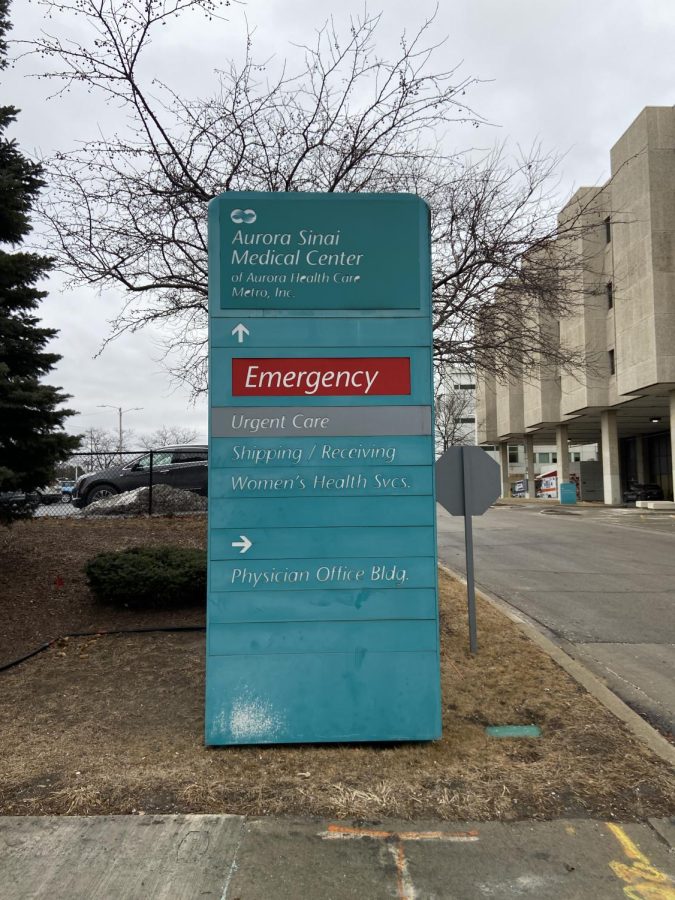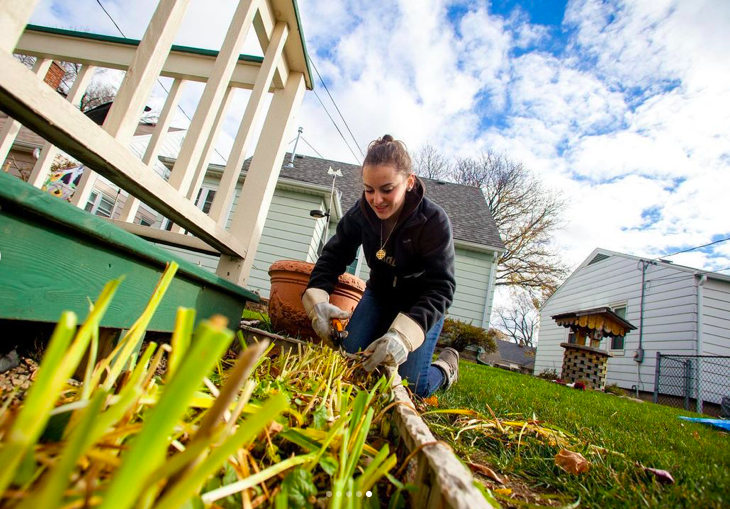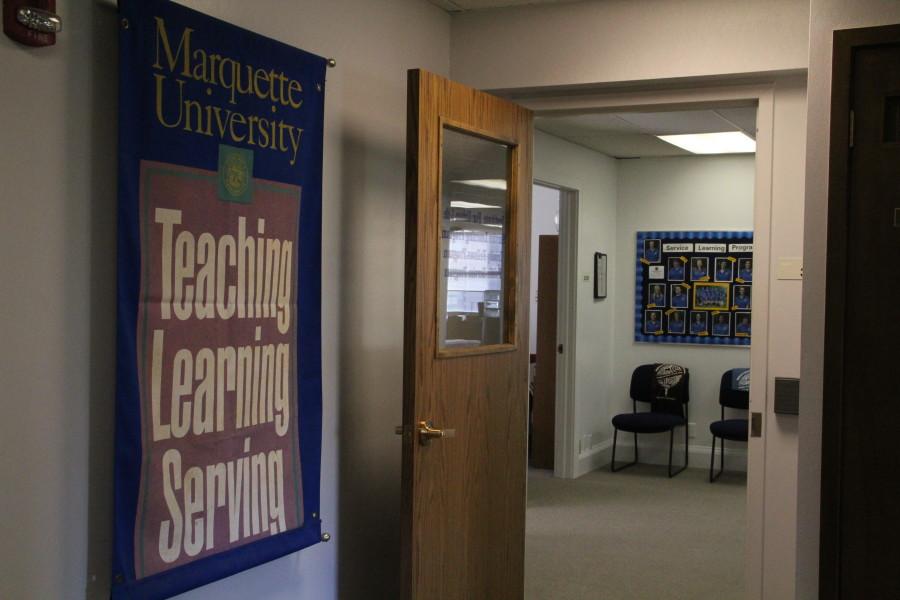College today has become an opportunity that not everyone can afford, and empathy for the less fortunate is not taught in schools. Imagine if it were possible to earn credit by helping those in need—if, instead of writing about changing the world, students went out and did just that.
This is the reality for Marquette University students who participate in service learning.
Service learning is the integration of community service and education, giving students hands-on and meaningful experiences helping others within their community, as well as pushing them forward in their academic journey. It is practiced at several universities but has a particularly lively presence at Marquette which just so happens to be ranked #1 in the nation for volunteer service.
According to Kim Jensen Bohat, director of service learning, Marquette’s service learning program was started in 1994 by a philosophy professor who had his classes practice volunteer service. He eventually received grants to create an entire program dedicated to it.
“Faculty utilize service learning as a method to help students to see, observe, test, practice all those kinds of experiential learning opportunities with their learning in the class,” Bohat said.
Several majors at Marquette, such as nursing, now require service learning as a part of their curriculum. Bohat said that there are more than 50 courses and over 100 different organizations in their network.
“If they’re in a Spanish class, they would maybe work in an English as a second language program where they are helping to teach English, so that [the student] gets to practice their Spanish and the people in the community are getting to practice their English,” Bohat said.
Bohat stressed that service learning’s main purpose is to create mutually beneficial relationships with the students and the community they work with, as well as reflection on the work they do.
“The critical reflection session that we offer allows students to dig into those social justice topics a little bit more deeply and again, to develop some empathy and understanding,” Bohat said. “I think if service learning is done poorly, it could really reinforce negative stereotypes and power dynamics.”
Bohat is an alumnus of the service learning program, as is Ruby Lexau, a student coordinator. Both of their experiences were so impactful that they stayed involved once class was no longer in session.
“I did service learning first semester my freshman year. I thought it was a great idea for Marquette students to connect to the Milwaukee area, and I got a lot out of my site,” Lexau said.
Lexau said she was simply looking for a job on campus, and when she saw an opening in service learning, she had to take advantage of getting to work for the program.
Tess MacGregor is a sophomore at Marquette studying nursing, one of the majors required to participate in service learning.
“I thought it was really beneficial to me because it gave me a different perspective on what things people might be going through,” MacGregor said.
MacGregor worked with Literary Services of Wisconsin, an organization that helps adults who did not finish high school further their education and improve their literacy. She said she thinks service learning is important because it helped her develop empathy that she will use in preparation to care for future patients.
“I’m so lucky for education to have always been a known path to take in my life, and it’s always been a track that I’ve been on. But to have that perspective, that education, is really a gift. To see people really putting in the work and wanting that same thing for themselves and working harder than I’ve ever had to, really gave me a new perspective,” MacGregor said.
Marquette’s service learning program gets students into the world in a way that benefits not only themselves but also local communities. To participants, it helps them embody the university’s motto and “be the difference.”
This story was written by Ellie Golko. She can be reached at elizabeth.golko@marquette.edu.




